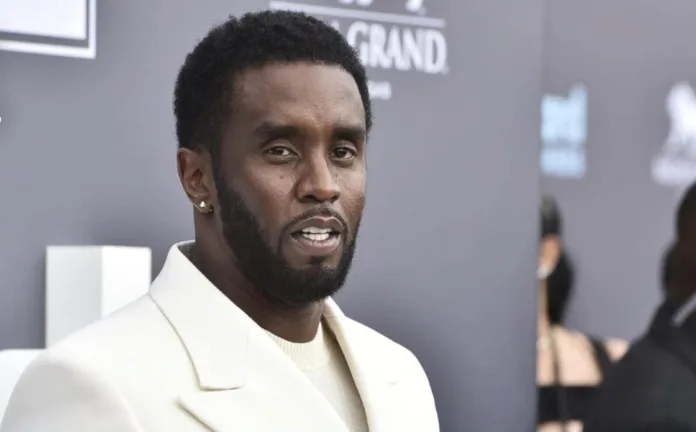Sean Combs faces prolonged detention at the metropolitan detention centre as his $50 million bail request is denied for the second time, while he awaits trial on serious federal charges
Sean “Diddy” Combs, the influential rapper and music mogul, remains incarcerated as he awaits his federal trial on charges of sex trafficking and racketeering. In a dramatic turn of events, a federal judge has once again denied Combs’ request for bail, rejecting a proposed $50 million package that aimed to secure his release from the notorious Metropolitan Detention Center in Brooklyn.
During a bail hearing on Wednesday, Combs’ legal team argued that their client posed no flight risk and was not a danger to the community. They emphasized that his passport had been surrendered and highlighted his philanthropic efforts as proof of his character. Despite these arguments, District Court Judge Andrew Carter deemed that no conditions could sufficiently ensure public safety or prevent Combs from contacting potential witnesses.
This decision follows Combs’ recent arraignment where he pleaded not guilty to charges including racketeering, sex trafficking, and transportation to engage in prostitution. His lawyer, Marc Agnifilo, maintained that Combs is “an innocent man with nothing to hide” and vowed to vigorously contest the allegations.
The denial of bail comes amidst a backdrop of troubling revelations about Combs’ alleged criminal activities. Federal prosecutors have accused him of leading a criminal enterprise involved in various illegal operations, including sex trafficking. The case has drawn significant public and media attention, exacerbating the scrutiny faced by Combs.
The rapper’s situation is exacerbated by the harsh conditions at the Metropolitan Detention Center, where he is currently held. Reports from inside the facility describe violent incidents and substandard living conditions, painting a grim picture of the pretrial detention environment. Combs’ detention in such conditions has further fueled the public’s interest and concern regarding his case.
Amidst the legal battles, the case has also reignited past controversies. A notable figure in the ongoing narrative is Natania Reuben, who claims Combs shot her in a New York nightclub back in 1999. Reuben, who survived the incident, has expressed a sense of vindication following Combs’ arrest, viewing it as a step toward justice, even if it does not directly address her own case.
Analysis:
Political:
The ongoing legal troubles of Sean Combs highlight broader issues of accountability and justice in high-profile cases. The federal charges against Combs, coupled with his inability to secure bail, underscore the complexities involved in prosecuting influential figures. The denial of bail reflects the judicial system’s approach to handling serious allegations against prominent individuals, showcasing the balancing act between legal considerations and public perception.
Social:
The case against Combs mirrors societal debates on celebrity accountability and the intersection of fame with legal responsibility. Public reactions to Combs’ detention and the details emerging from his case reflect a broader societal fascination with high-profile scandals. The intense media coverage and public interest emphasize how celebrity culture intersects with legal proceedings, influencing public opinion and discourse.
Gender:
Gender dynamics play a role in the case, particularly in the context of the allegations of sexual misconduct and trafficking. The charges against Combs involve multiple victims, many of whom are women, highlighting issues of gender-based violence and exploitation. The portrayal of these victims and the public discourse surrounding the case contribute to ongoing debates about gender justice and the handling of such cases in the legal system.
Economic:
Economically, the high-profile nature of Combs’ case and the substantial bail amount underscore the intersection of wealth and legal proceedings. The $50 million bail package reflects the financial stakes involved in high-profile criminal cases and the resources available to influential individuals. The case illustrates how economic factors can impact legal strategies and public perceptions, highlighting the broader economic implications of celebrity justice.
